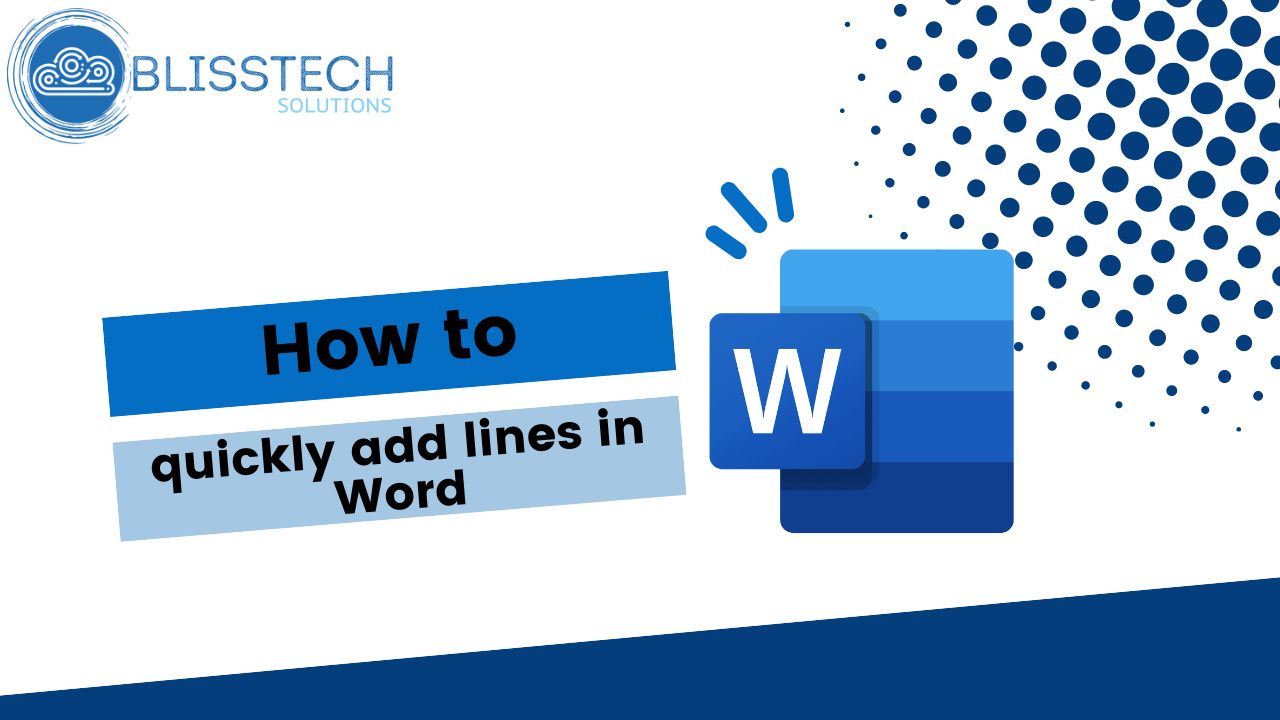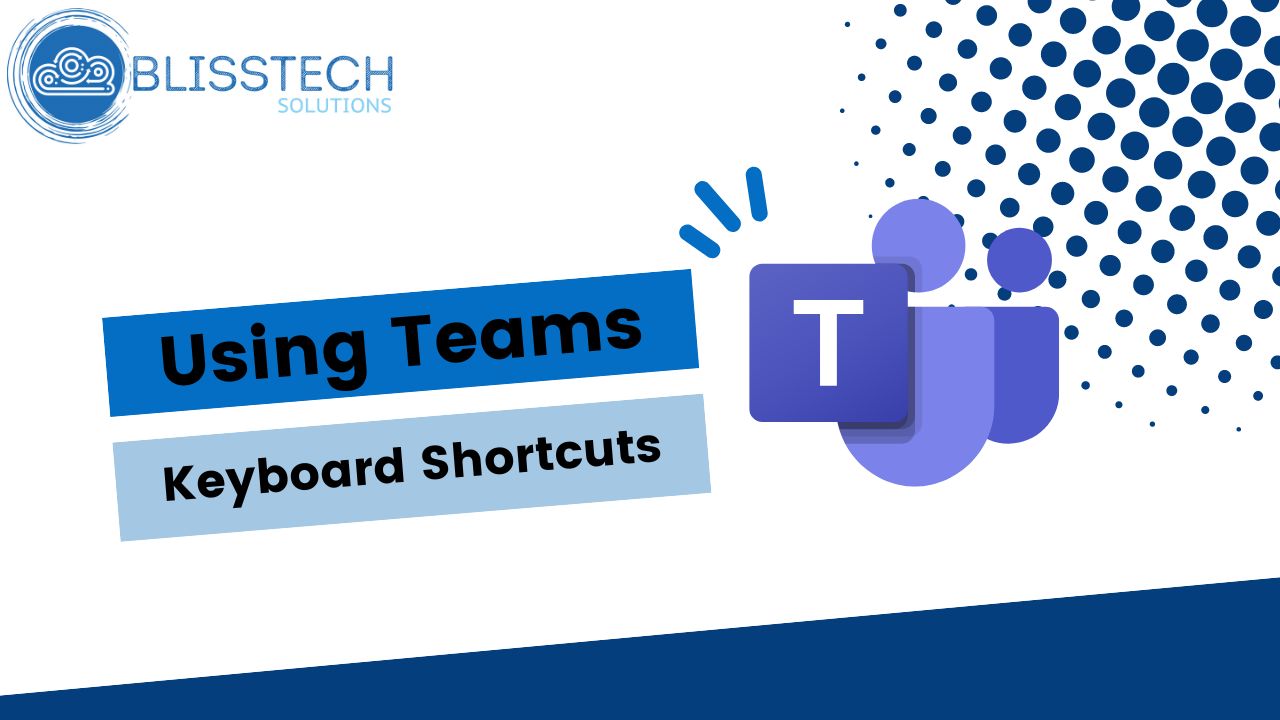Microsoft is introducing what it calls a New Commerce Experience (NCE) in 2022, with changes to licensing terms and pricing for Microsoft 365.
This will mean fairly big, and potentially expensive, changes for business customers who have Microsoft 365 licences.
The changes are complex and can be confusing, so let’s break it down:
What is changing with Microsoft New Commerce Experience (NCE)?

Currently, customers using Microsoft 365 can purchase licenses directly from Microsoft or through a Microsoft partner, a company like Blisstech. Businesses can buy a flexible subscription, which means they can cancel at any time, or commit to a 12 contract.
If you buy direct from Microsoft, the flexible monthly price is around 20% more expensive than if you commit to a 12-month contract.
However, Microsoft partners are able to offer the flexible option at the same price as the 12-month contract option, which is exactly what Blisstech does. It’s a bit like getting a mobile phone directly from the network or finding a better deal by going through a third-party phone shop.
Microsoft wanted to level the playing field so that partners have to offer the same pricing structure as Microsoft.
Under the NCE, new licences will be offered at a fixed price, wherever you get them from, and the more popular flexible options will be 20 per cent more expensive.
In addition to this, there will be variable price rises for the following licenses.
| Current ERP until 1st March | RRP from 1st March (12-month contract) | RRP from 1st March (Monthly contract) | |
| Microsoft 365 Business Basic | £3.80 | £4.50 | £5.40 |
| Microsoft 365 Business Premium | £15.10 | £16.60 | £19.92 |
| Office 365 E1 | £6.00 | £7.50 | £9.00 |
| Office 365 E3 | £17.60 | £20.20 | £24.24 |
| Office 365 E5 | £30.80 | £33.40 | £40.08 |
| Microsoft 365 E3 | £28.10 | £31.70 | £38.04 |
EDIT: These are confirmed monthly price increases as confirmed by Microsoft in Feb 2022. Please note that these are costs for the licenses only and do not include any management wraparound.
Who will it affect?
This is only affecting business customers who buy Microsoft 365 licences. This is everyone from sole traders up to companies with thousands of employees.
It won’t affect home users.
Why is it changing?
Microsoft’s 365 pricing has not changed for years despite a huge amount of features being introduced. In that respect the price rise is probably overdue.
In addition to this, Microsoft wants to align the pricing structure and terms between itself and partners. The costs will be the same whether you buy direct from Microsoft or from a partner.
When is it changing?

The new structure is being introduced on 1st March when all new subscriptions and renewals will be subject to the license price increases.
From the 10th of March, any new subscriptions must be purchased via NCE and are then subject to the 20% increase for flexible monthly licensing.
Existing subscriptions will remain on the old terms until 1st July or until the renewal date (whichever is later) when they must be moved over to the NCE.
Existing licences expiring between 10th March and 30th June can be renewed on the old terms (legacy) and put off the change for a further 12 months.
There is the opportunity to save money as if you chose to move over to NCE early, between 8th Feb and 1st March 2022, you can get a 5% discount on licenses for 12 months.
To summarise this:
8th Feb – 1st March – Opportunity to move to NCE early and take advantage of a 5% discount.
1st March 2022 – Prices increase.
10th March 2022 – New subscriptions will be subject to NCE pricing and terms from this date
1st July 2022 – All existing subscriptions will be migrated to NCE when the subscription renews.
What should you do next?

We appreciate this is very confusing; it has been hard for us to understand it so we feel your pain!
Simply put, with NCE there are some decisions for businesses to make and deadlines they need to make them by.
Some companies will be looking for a mix of flexible and fixed-term licences, for example, those with a workforce made up of some short-term or seasonal workers and others on long-term contracts. This is absolutely possible, but to meet your businesses requirements it is important to plan and understand how many fixed-term and how many flexible (but more expensive) licenses you need.
For some companies, these changes may mean a big increase in what they’re paying for Microsoft 365 licences, so it’s important to plan ahead and identify any potential savings.
At Blisstech Solutions, we can help you investigate all the options and plan for the best possible option for your business. We will also be contacting our existing customers to inform them of the renewal dates and the options available to them.
Whether it’s flexible, fixed-term or a mixture of the two, we’ll help you make sure you aren’t spending more than you need to.
Get in touch now to find out more.












